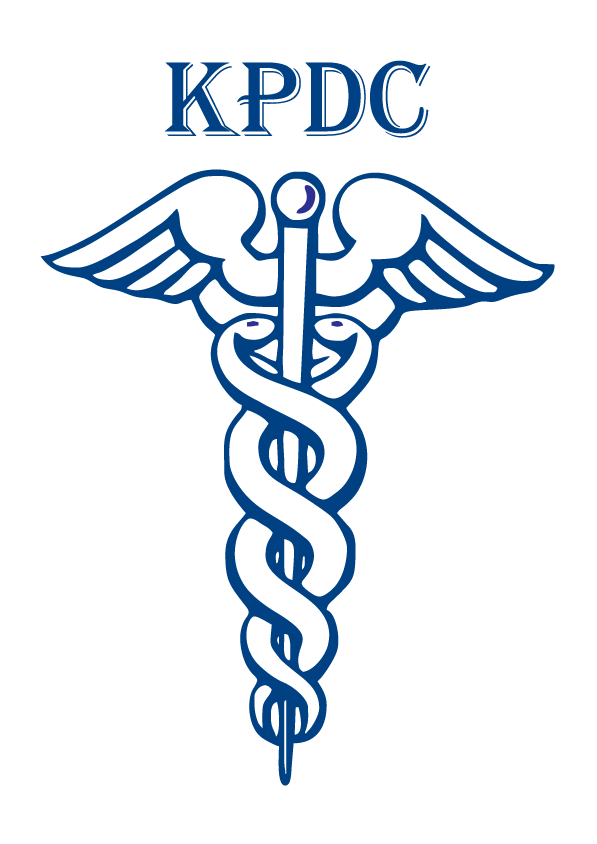Psycho-Sexual Disorder
The term "Psycho-Sexual Disorder" is not a recognized clinical term in contemporary psychiatry or psychology. However, it may be related to various sexual disorders or concerns that individuals may experience, which can have psychological components. These concerns are typically diagnosed and treated by mental health professionals, sex therapists, or medical specialists, depending on the specific issue.
Here are some common psychosexual disorders and concerns:
Erectile Dysfunction (ED): Erectile dysfunction is the inability to achieve or maintain an erection sufficient for sexual performance. It can have physical causes, such as vascular issues or hormonal imbalances, but psychological factors, including anxiety or stress, can contribute to or exacerbate ED.
Premature Ejaculation (PE): Premature ejaculation is when a man ejaculates before he or his partner desires during sexual intercourse. Both psychological and physiological factors can contribute to this condition.
Female Sexual Arousal Disorder: This refers to difficulties in becoming sexually aroused or maintaining arousal during sexual activity in women. Psychological factors, such as anxiety, body image concerns, or past trauma, can play a role.


